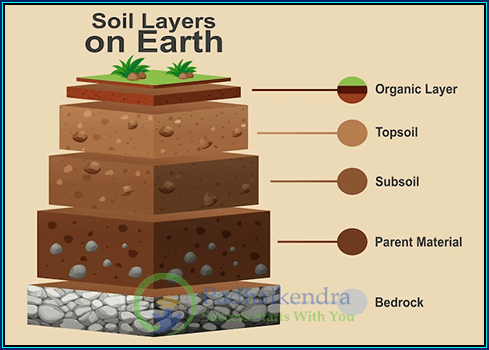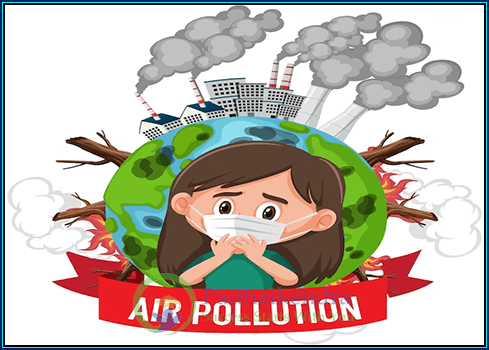Roadways refer to the system of interconnected roads and highways that provide for the movement of people, goods, and services across a region or country. Roadways are an important mode of transportation, particularly for shorter distances and within cities and towns.
Roadway systems are typically managed by government agencies responsible for the construction, maintenance, and operation of the road network. These agencies are responsible for ensuring that the roadways are safe, efficient, and provide for the needs of all users, including motorists, pedestrians, and cyclists.
Roadways vary in size and complexity, with some consisting of simple two-lane roads in rural areas, while others are multi-lane highways with complex interchanges in urban areas. Roadways may also be tolled or non-tolled, with tolls being charged to cover the cost of construction and maintenance.
The construction and maintenance of roadways require significant investment in infrastructure, including the construction of roads, bridges, and tunnels, as well as the installation of traffic signals, signage, and lighting. Maintenance activities include repairs to the road surface, drainage systems, and other infrastructure, as well as snow removal and other seasonal maintenance activities.
Despite their importance, roadways can also have negative impacts, including traffic congestion, air pollution, and accidents. Governments and transportation agencies are working to address these issues through measures such as improved traffic management, the promotion of alternative modes of transportation, and investments in cleaner and more fuel-efficient vehicles.
In many countries, roadways remain the primary mode of transportation, particularly for the movement of goods and services. The continued development and maintenance of roadways are essential to the economic growth and development of regions and countries around the world.





